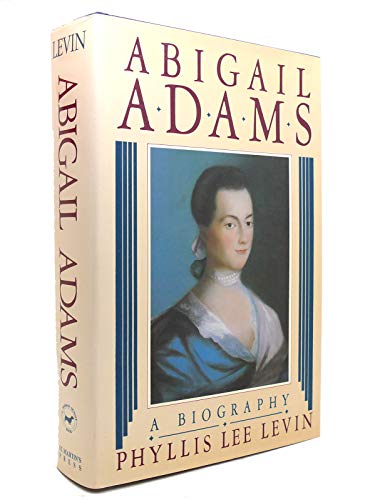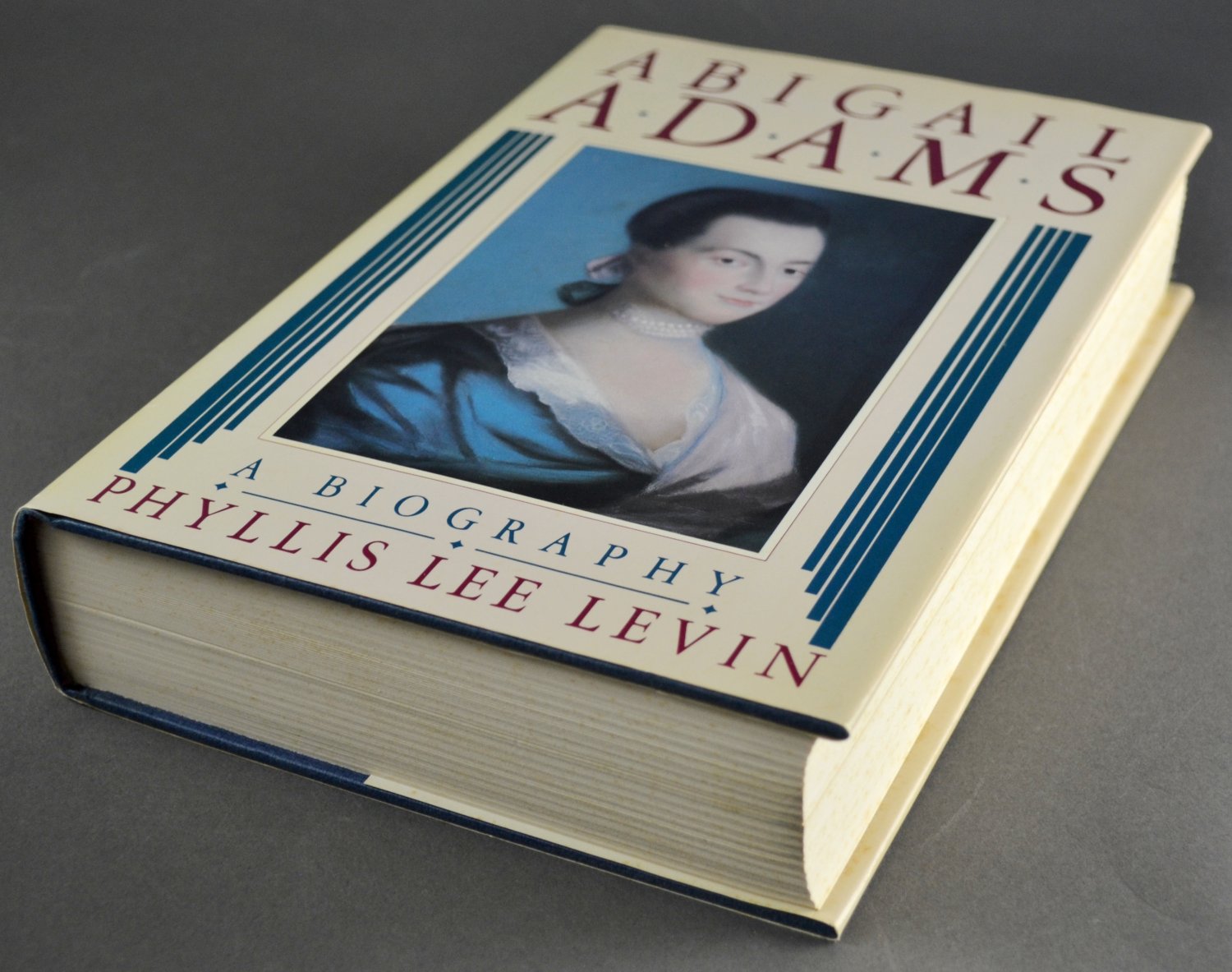


Much of JQA’s education involved international travel and a diplomatic apprenticeship to Adams senior, who represented America’s interests abroad. John Adams recognized his son’s talents early. e questioned his own yearning ambition, agonized over his passionate nature, was suspicious of praise but wounded by criticism and suffered a near-fatal flair for denigrating his own accomplishments.”

“Not only a born-and-bred patriot of spotless integrity, brilliant, fiercely independent, intensely introspective, he was, on occasion, impatiently undiplomatic and pitiably sensitive. . . But its readability might have been improved by judicious omissions and more historical context.Īdams was an undoubted prodigy who “was astonishingly like his father,” Levin writes. Leading readers through JQA’s early life almost day by day, “The Remarkable Education of John Quincy Adams” offers detail and intimacy. In general, Levin stays close - sometimes too close - to the primary sources, quoting liberally and paraphrasing so meticulously at times that she might as well be quoting. The biographer’s aim is to correct the record - in part by arguing that Louisa’s problems, which included several miscarriages and her father’s financial woes, were as much emotional as physical. She calls Louisa’s sardonically titled “Adventures of a Nobody” and other autobiographical writings “deeply romanticized, puzzling, conflicting, melodramatic and ultimately tragic,” as well as “acid enough to permanently deface” her husband’s image. Levin says that the marriage, though hardly ideal, was less of a disaster than past accounts - including his wife’s - have suggested. His letters and diary entries express devotion to his parents and three siblings, profound grief over the death of his young daughter and affectionate loyalty toward his chronically ailing spouse, Louisa Catherine Johnson Adams. The author of “Abigail Adams” and “Edith and Woodrow,” Levin shows us glimpses of Adams’s struggles with depression and argues that his cool exterior concealed a tender, even passionate regard for his family and closest friends. Whatever Adams’s political failings, Levin makes the case that Adams (1767-1848) was a man of extraordinary natural gifts, enhanced by diligent study, European travel, and contact with the greatest minds of his era, including Thomas Jefferson and Benjamin Franklin. Phyllis Lee Levin’s biography, which culminates in Adams’s 1817 appointment as James Monroe’s secretary of state, is another effort to reclaim him as an American hero.


 0 kommentar(er)
0 kommentar(er)
